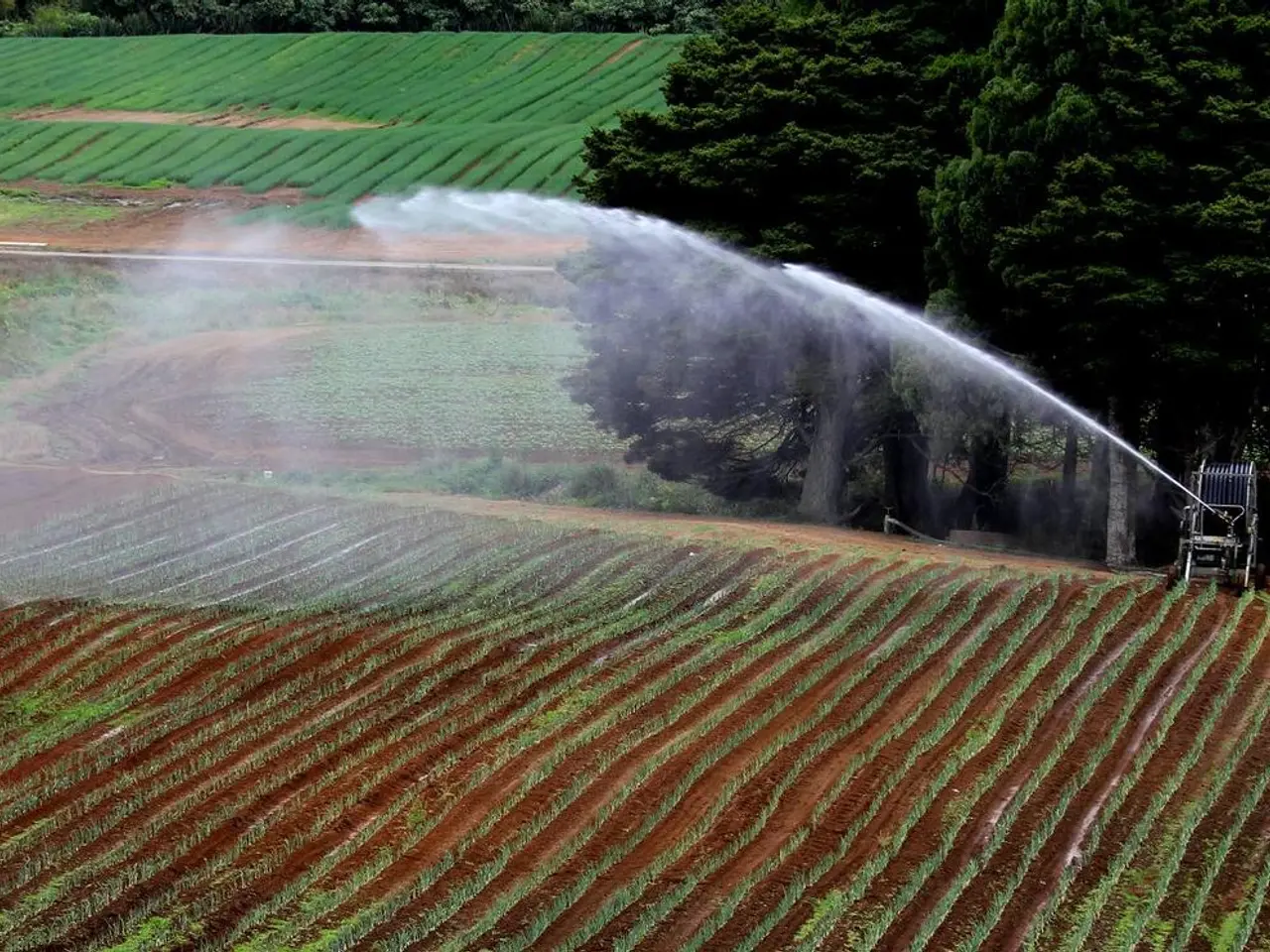Government of Germany endorses eco-friendly rice cultivation in three regions
In a bid to combat climate change and food insecurity, the German Government has launched the Carbon Offsetting Rice Emissions (CORE) Project. This three-year pilot project, running from 2024 to 2027, is a collaborative effort between the German Federal Ministry for Economic Cooperation and Development (BMZ), Aceli Africa, GIZ (Deutsche Gesellschaft für Internationale Zusammenarbeit), and Olam Agri.
The CORE Project aims to support 12,000 smallholder farmers in climate-smart rice production across Benue, Nasarawa, and Kano States. Olamide Fagbuji, Senior Special Assistant to the President on Climate Change, has emphasized the urgency of the project, noting that Nigeria loses approximately 100 million dollars annually to climate-related flooding.
Rice, being Nigeria's staple crop, is one of the most climate-vulnerable. Methane emissions from rice paddies are a significant contributor to Nigeria's national greenhouse gas (GHG) emissions, accounting for 33% of total agricultural emissions, as stated by Olamide Fagbuji.
The CORE Project promotes climate-smart rice cultivation practices to reduce greenhouse gas emissions. These practices include alternate wetting and drying, the use of improved seed varieties, and low-emission irrigation methods. Additionally, the project promotes the use of biochar to improve soil health and reduce emissions.
Olamide Fagbuji has highlighted the potential benefits of the CORE Project, which include reducing methane emissions, improving yields, conserving water, and empowering rural communities. The project could potentially boost food security, employment, inclusive growth, and climate resilience in Nigeria.
Paul Nicholson, Senior Vice President of Rice at Olam Agri, expressed the CORE Project as a demonstration of Olam Agri's commitment to food security and environmental sustainability. He urged both public and private stakeholders to invest in climate-smart agriculture and scale the CORE model across Nigeria's rice-producing regions.
Without innovation, the challenges of food insecurity and rising emissions will only intensify. The CORE Project is designed to help carbon markets thrive in a way that supports sustainable development and empowers smallholder farmers. It is a vital step in addressing the challenges faced by Nigeria and could pave the way for a more sustainable future for agriculture in the country.
Read also:
- Understanding Hemorrhagic Gastroenteritis: Key Facts
- Stopping Osteoporosis Treatment: Timeline Considerations
- Tobacco industry's suggested changes on a legislative modification are disregarded by health journalists
- Expanded Community Health Involvement by CK Birla Hospitals, Jaipur, Maintained Through Consistent Outreach Programs Across Rajasthan




